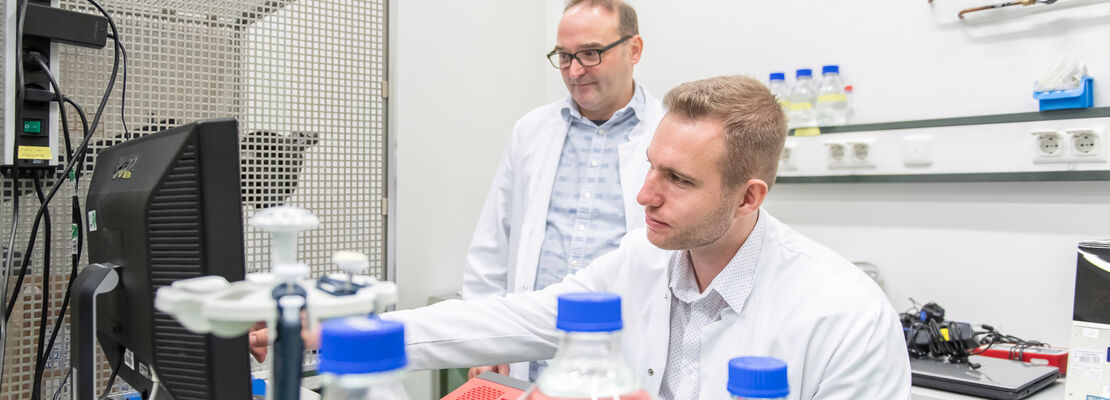Research projects and techniques
Approximately one-third of patients admitted to specialized epilepsy monitoring wards present with functional seizures, also referred to as “dissociative” or “psychogenic non-epileptic" seizures. The correct diagnosis frequently eludes identification for several years. In an RWTH Aachen University-funded project our objective is to identify individuals who experience functional seizures and those with epileptic seizures through the analysis of spontaneous speech. The overarching aim of this initiative is to develop a diagnostic technique which is easy to implement and which can significantly reduce the time until accurate diagnosis.
Clinical neuropsychology plays a major role in the diagnosis and medical treatment of drug-resistant epilepsies. Our key task as neuropsychologists is the evaluation of cognitive functioning before and after surgery, covering domains such as attention, memory, and language. Alongside these standard neuropsychological assessments, we investigate the utility of two other assessment methods to identify essential cognitive hubs: Functional Transcranial Doppler Sonography (fTCD) and Speech and Language fMRI. Our aim is to reduce the risk of cognitive issues which may arise following epilepsy surgery.
Patients who are undergoing pre-surgical invasive EEG diagnostics at the University Hospital Aachen have the opportunity to take part in a study that measures brain activity, using implanted electrodes, while performing computerized tasks and games. The superior quality of the signals recorded in this manner enables a more precise analysis of cerebral processes than is achievable through non-invasive surface EEG methods. The information on the patient’s cognitive functioning during this procedure informs pre-surgical planning.














